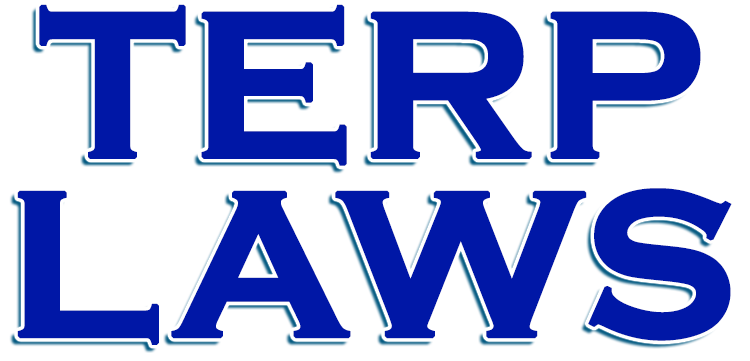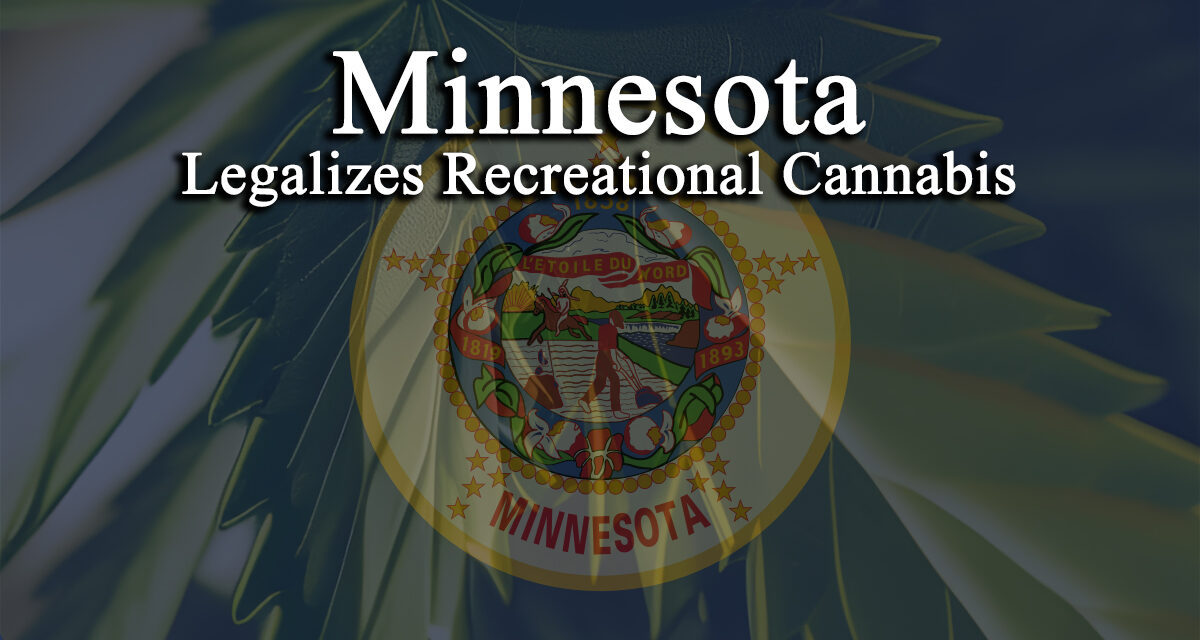As of August 1st of 2023, cannabis is now fully legal for recreational use in the state of Minnesota. This makes Minnesota the 23rd state to join the recreational cannabis movement in the United States. There are some limitations to the legality as expected so let’s break down all the major details of the new 321 paged bill HF 100 that you’ll want to know.
Simple Breakdown
-You must be 21 or older to legally grow and use cannabis at home and transport. There is a two ounce limit of cannabis flower in public and may possess up to two pounds of cannabis flower at a private residence.
-Can possess 800 milligrams THC in the form of gummies and other edibles, and 8 grams of cannabis concentrate.
-Minnesotans can legally grow up to eight cannabis plants for personal use, only four can be flowering.
-Commercially growing and selling cannabis will require special licenses. This appears to take a year or more to process with projected legal retail coming early 2025. Sales will charge normal sales tax plus an additional 10% cannabis tax.
-Low-level cannabis convictions will be removed from criminal records; non-felony cannabis offenses will be expunged, and a board will be put in place to review serious crimes that involved cannabis.
-Bars and breweries can no longer allow patrons to mix alcohol and cannabis infused beverages, a 5 hour window must be allowed before serving one or the other in between. Minnesota’s 2022 law allowing hemp derived THC in food and drinks is still legal.
Where can you Smoke Cannabis
The legislation was very broad on locations where smoking cannabis is acceptable. This includes public spaces such as sidewalks, parks, and restaurant patios that allow smoking. Prohibited locations include common areas of rental apartment buildings, cars, indoor public spaces, workplaces, or spaces where minors can inhale second-hand smoke, and most college campuses unless otherwise made specific.
Driving under the influence of cannabis is illegal still, but the means of proving a driver is under the influence is difficult. Due to this a major push to boost the number of DREs (Drug Recognition Experts) is most likely going to happen.
Protection for Employed
The new recreational cannabis law has made amendments to the CPA Minnesota’s Consumable Products Act, which will now prohibit employers from taking actions against their employees such as firing or refusing to hire applicants as long as use of cannabis outside of work is lawful. On page line 247.13 you can read the fine details on this outlined. It defines “lawful consumable products” to mean cannabis flower, cannabis products, lower-potency hemp edibles, and hemp-derived consumer products. It also defines that Minnesota law considers all these products lawful regardless of other state and federal laws. Any use, possession, sales, transferring, or impairment while working is not protected by the law, meaning employers still have some rights for disciplining or discharging employees if cannabis activities take place on their time, property, or while company vehicles and machinery are operated. The only exception to off hours cannabis restrictions being enforced by employers is if another federal or state law or regulation would cause the employer to be at fault with said laws or regulations.
Cannabis Drug Testing Rules
There are new changes to DATWA Minnesota Drug and Alcohol Testing in the Workplace Act from the bill. Employers can no longer require or request pre-employment cannabis drug tests or refuse to hire solely based on a positive test for cannabis. Routine cannabis testing for many job positions will no longer be required or be required on a random/sudden basis.
Employers that can still require pre-employment and routine cannabis testing are for the follow job positions:
(1) a safety-sensitive position
(2) a peace officer position
(3) a firefighter position
(4) a position requiring face-to-face care, training, education, supervision, counseling, consultation, or medical assistance to: children; vulnerable adults or patients who receive health care services from a provider for the treatment, examination, or emergency care of a medical, psychiatric, or mental condition
(5) a position requiring a commercial driver’s license or requiring an employee to operate a motor vehicle for which state or federal law requires drug or alcohol testing of a job applicant or an employee
(6) a position of employment funded by a federal grant
(7) any other position for which state or federal law requires testing of a job applicant or an employee for cannabis.
Employers should remember that DATWA has a specific requirement that requires employers to offer rehabilitation instead of termination for employees who test positive for drugs or alcohol for the first time, this includes cannabis.

